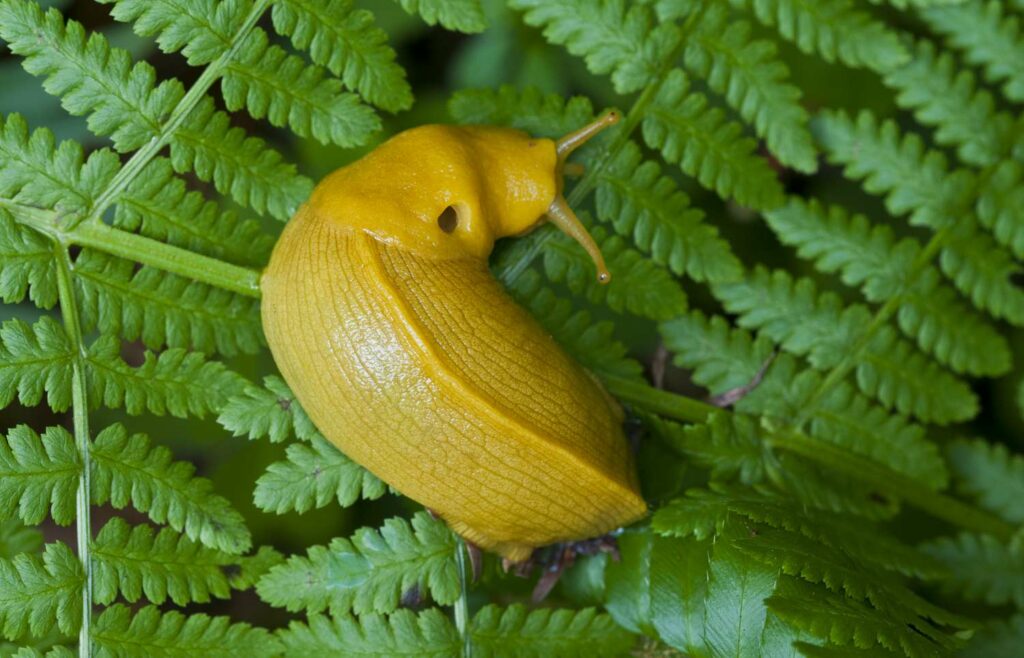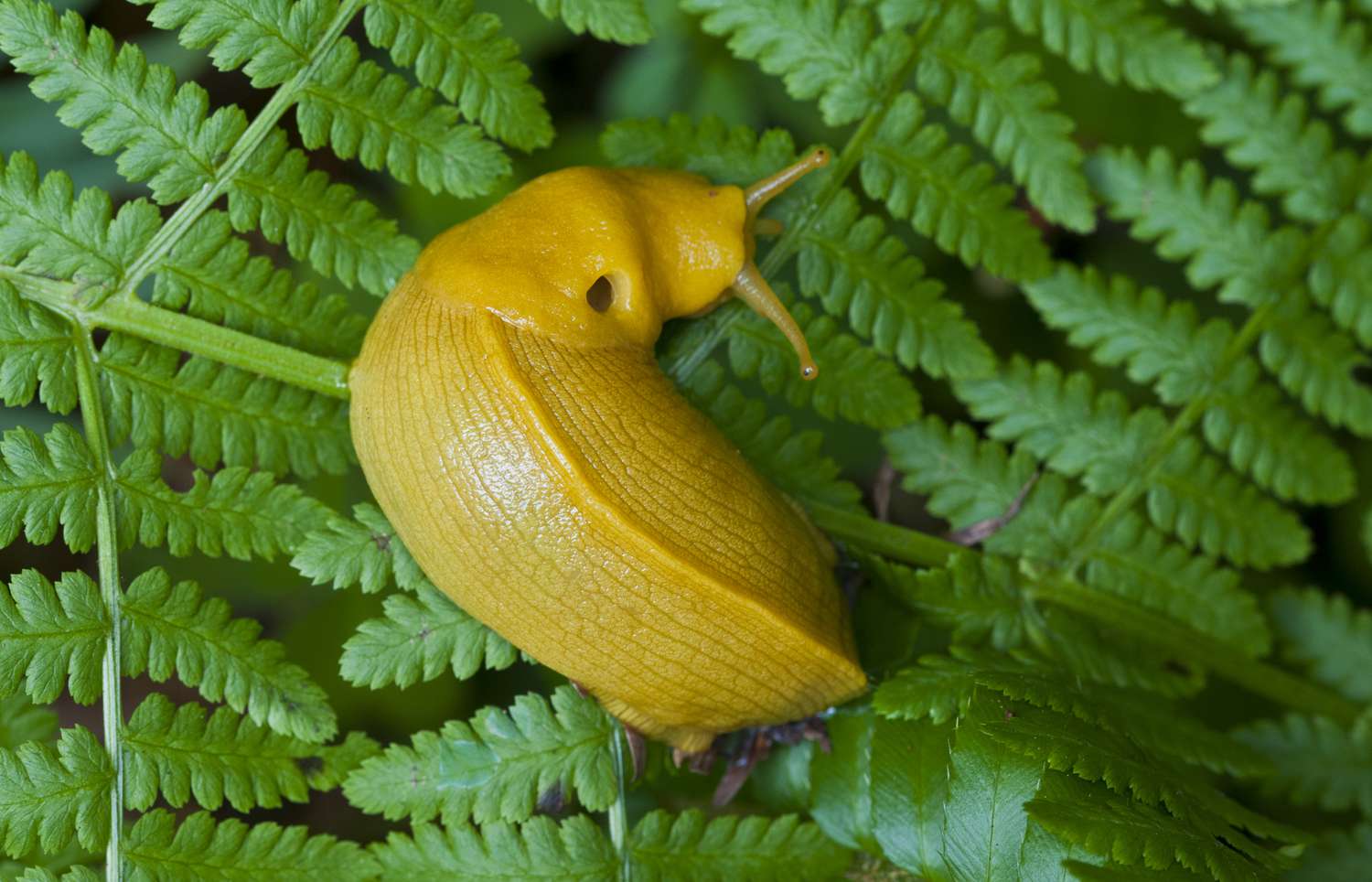Why be normal, when the weird stuff is way more interesting?
When you think of slugs, they might not immediately strike you as the most fascinating creatures. However, the banana slug, a species native to the moist forests of the Pacific Northwest, defies this expectation with a truly bizarre and intriguing behavior—they can change sex. But why do these slimy critters engage in such a peculiar practice? Let’s dive into the strange world of banana slugs and uncover the mystery behind their sexual flexibility.
What Are Banana Slugs?
Before we get into the nitty-gritty of their sex-changing abilities, let’s take a moment to understand what banana slugs are. These yellow, sometimes greenish-brown mollusks are a type of terrestrial slug found in damp, forested environments. They get their name from their bright yellow coloration, which often resembles an overripe banana. Growing up to 9 inches in length, they are among the largest slugs in North America.

The Fascinating World of Hermaphroditism
Banana slugs are hermaphrodites, meaning they possess both male and female reproductive organs. This allows them a unique advantage in reproduction, particularly in the dense, isolated habitats they call home. In the slug world, finding a mate can be tricky, so having the ability to perform both roles in reproduction ensures that they can mate with any other slug they encounter.
Why Do Banana Slugs Change Sex?
You might be wondering why, if they already have both sets of reproductive organs, banana slugs would need to change sex. The answer lies in the complex nature of their reproductive strategy:
1. Maximizing Reproductive Success: By being able to act as either a male or a female depending on the situation, banana slugs can maximize their chances of successful reproduction. For example, if a banana slug encounters another that is more fit or larger, it may choose to act as the male, which often requires less energy than carrying offspring.
2. Energy Efficiency: Producing eggs requires significantly more energy than producing sperm. By switching to the male role when resources are scarce or when they’re in a weaker state, banana slugs can conserve energy, ensuring they survive long enough to reproduce.
3. Environmental Factors: The surrounding environment plays a critical role in a banana slug’s decision to change sex. Conditions such as food availability, temperature, and the presence of predators can all influence whether a slug takes on a male or female role during reproduction.
How Does the Process Work?
The process of sex change in banana slugs isn’t as dramatic as it might sound. Since they possess both male and female organs simultaneously, the change is more about behavioral shift rather than a physical transformation. During mating, two banana slugs will decide who will take on the male role and who will be the female, often influenced by the factors mentioned above.
What Can We Learn from Banana Slugs?
While the idea of changing sex might seem strange to us, it’s a survival strategy that has evolved over millions of years. It highlights the incredible adaptability of life and how different species have evolved unique ways to thrive in their environments. For banana slugs, this flexibility ensures that they can continue to reproduce and maintain their populations, even in the challenging and unpredictable conditions of the forest floor.
Final Thoughts
The banana slug’s ability to change sex is just one of the many fascinating aspects of this creature’s biology. It reminds us that even the most seemingly mundane creatures can hold secrets that challenge our understanding of life. So the next time you come across a banana slug on a damp forest trail, remember that these slimy critters are far more complex than they appear.
Feel free to copy this content into your WordPress editor, add any relevant images or links, and publish it on Weird Why. If you need any additional edits or information, just let me know!

